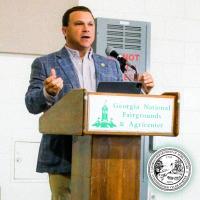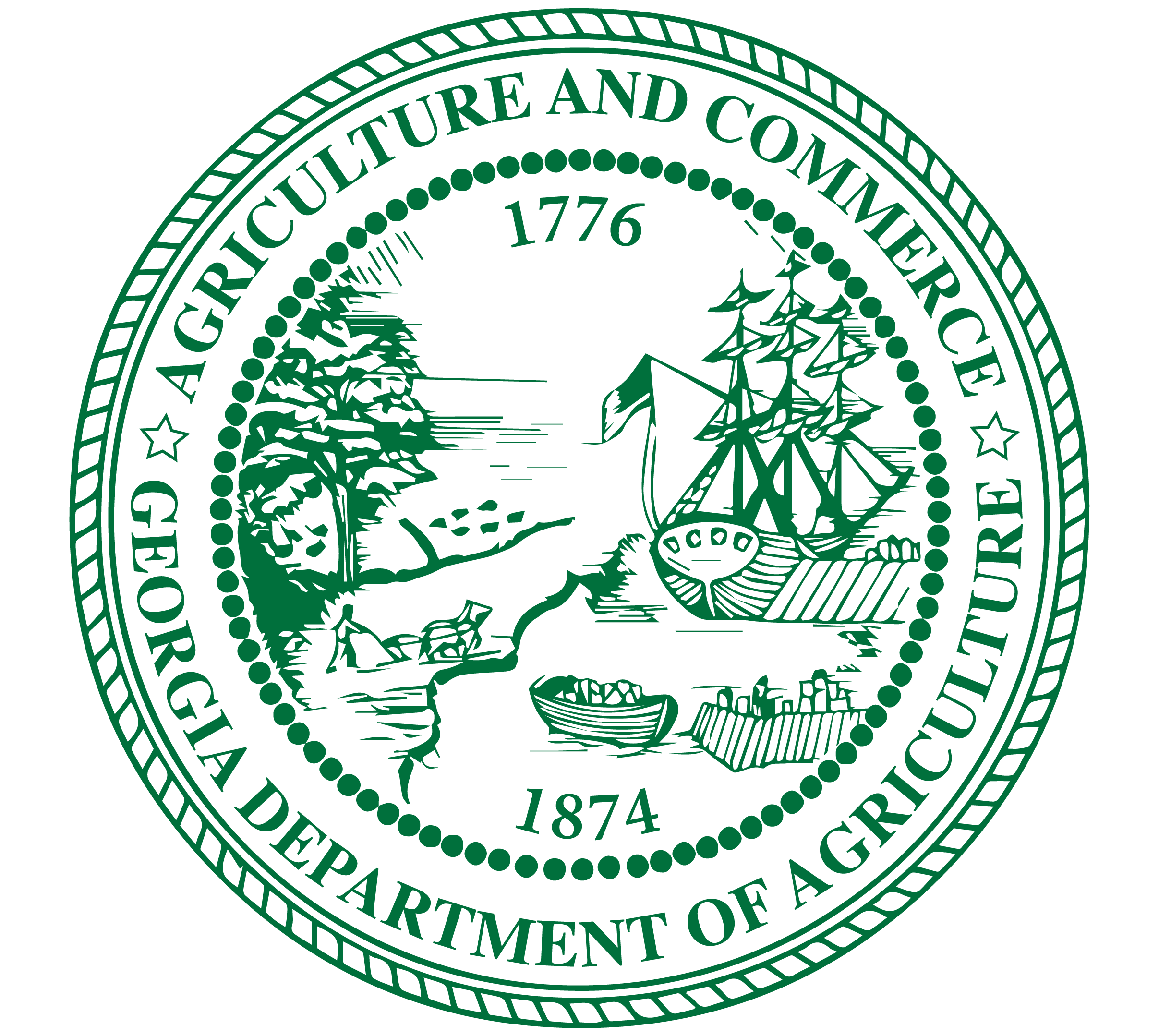
Georgia Agriculture Commissioner Tyler Harper emphasized the importance of agricultural education programs in growing the workforce in the state over the next generation to a legislative study committee on workforce expansion.
Harper spoke to the Georgia Senate Study Committee on Workforce Expansion in Commerce on Sept. 19 to present information on agriculture and discuss industry challenges. Sen. John Albers, R-Roswell, chairs the committee, and they have held meetings across the state to gather information on workforce development for all industries in Georgia.
Harper said that labor was the critical issue facing agriculture. “We’ve had these conversations about the top three issues in agriculture, and it’s been said the top three issues are labor, labor and labor,” he said.
Harper discussed the technological advances in agriculture regarding what farmers use in the fields. He explained that 1954 was the first year that tractors outnumbered mules in the fields in Georgia. Agricultural technology advanced significantly between then and 2000, making farming more efficient with fewer workers.
However, since 2000, the workforce has remained almost unchanged, Harper said. He explained that as existing workers age and retire in the coming years, there will be a great need to bring in new ones to replace them.
According to the U.S. Department of Agriculture, the average age of all farm workers is 39.7 years old since 2006.
“At the same time (between 1954 and 2000), we’ve produced more food, fiber and shelter. When you look at where we need to be by 2050, we need to be producing twice the amount of food we produce today,” Harper told the committee. “If we are going to do that, we’re going to have to have more help. We have got to have more labor. We got to have individuals involved in the agricultural industry, and we got to find ways to encourage that.”
Harper’s recommendations to the committee included investing in training opportunities for educators to develop curricula for primary and secondary, technical, college and graduate programs across the state curricula to train future workers on skills needed in the agriculture sector.
In recent years, Georgia has expanded agricultural education in public schools as part of the Career, Technical, and Agricultural Education (CTAE) curriculum developed across the state. Last year, Georgia became the first state in the country to offer an agricultural curriculum in elementary schools following a three-year pilot program. There were 26 elementary schools in 2022 offering students ag education. This year, 39 elementary schools have an ag curriculum.
“We are the first state in the union to offer ag education from K-12, but I think there is an opportunity to do more and find ways to invest in this industry and allow agriculture to be successful, Harper told the study committee.”
Harper added that regionalized training could benefit local agriculture in the state. He cited the example of Gilmer County High School in north Georgia, which has the first hands-on learning poultry facility in the U.S. to teach ag students about the poultry industry. He also mentioned the development of ag curriculum at North Georgia Technical College in Blairsville tailored to local industry.
“Those are examples in our state where we can partner with our K-12 schools, technical colleges and our universities provide those experiences, those hands-on opportunities,” Harper said, “and give people the understanding that in agriculture it’s more than cows, plows and sows and there are opportunities in this industry that most folks don’t even know exist.”
Albers explained the Georgia General Assembly created the committee during its last session to gather information on the state of the workforce in Georgia and across different industries and trade. The committee presented its report on Nov. 14 that offered recommendations to the General Assembly on how the state can help to strengthen and expand the state’s workforce.
Albers said agriculture is unique because of the vast array of opportunities from production to technology and support industries like trucking and research. “The stuff they are doing on farms now is pretty amazing,” he said.
“We also have to make sure people know this: it’s a great job, it’s a great career and a great opportunity to be a part of,” Albers said. “I think the commissioner’s focus on doing that in breaking down the bureaucracy and barriers, and that is really important. We want people to farm.”
To read the study committee’s final report and view videos of committee meetings, go to https://www.expandinggeorgiasworkforcestudy.com.


